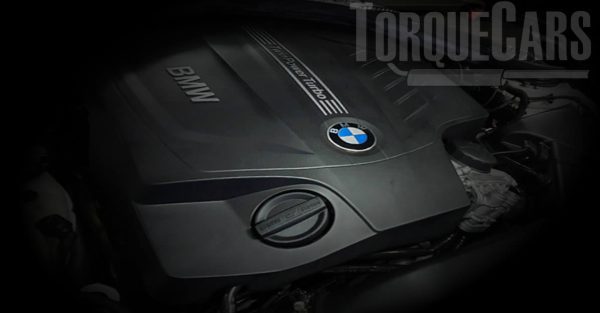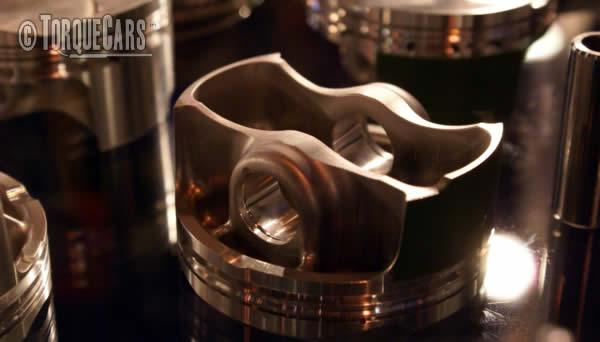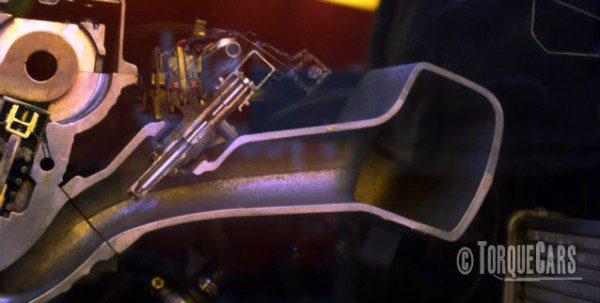Engine Knock & Detonation
"Knock Knock,.... Whose there?"
So what exactly is engine knock & Detonation and how dangerous is it? What causes engine knock and how can it be avoided?
You may notice a knocking or rattling noise from your engine or a sudden loss of power under full throttle.
Immediately back off the throttle and only use low rpm engine speeds until you can get the engine investigated.
The chances are that you are suffering from a condition known as "engine knock".
Detonation is a condition where the fuel in the engine ignites prematurely and engine knock occurs when the fuel air charge does not combust cleanly.
It can cause serious damage to an engine.
How does this damage occur?
Firstly if the piston has not achieved its top dead center position you risk forcing the crank to run backward (strictly speaking this is detonation or premature ignition).
This puts a lot of stress on the crank and other pistons as everything effectively seizes up.
Secondly if the intake valve has not closed the flame front will move through the intake of your engine causing damage.
When knock occurs, you get a partial burn of the fuel air mix, or it happens over a longer duration and the flame front that should be cleanly pushing the piston down, is effectively swirling around, losing you power and often putting unburnt fuel through your catalyst which will definitely kill it.

How do engines avoid knock?
Thankfully engines are mostly fitted with a knock sensor that detects this as it happens and backs off the fuelling causing the engine to run lean and avoid knock.
The knock sensor will not save an engine from the effects of a serious knock and should not be viewed as a safety valve. It is an emergency only option and will only work effectively in mild situations.
The causes of knock and detonation.
The causes of engine knock are many and varied. Generally it is caused by high pressure inside the engine. As fuel is compressed it gets hot and this can cause it to ignite prematurely.
Occasionally it may be caused by a misfire of the spark or even a hotspot inside the cylinder.
Over tuning an engine to a very high compression ratio will often cause this problem.
Running a high-pressure forced induction setting will also increase the risk of compression based premature ignition.
Other causes of premature ignition include hot spots inside the engine.
If the carbon build up is allowed to continue you will potentially have deposits of carbon glowing red hot igniting the fuel as it enters the engine.

You may have filled up with a bad batch of fuel. In some countries, the octanes of standard fuels can be lower than you expect so it is worth checking the octane before filling up.
If you have no choice but to buy a poor quality or low octane fuel back off the throttle and run with low rpm engine speeds.
How to avoid engine knock
Avoiding engine knock. Most modern engines are fitted with sensors that detect knock and retard the fuelling to prevent engine damage, (there are exceptions such as the Ford 5.4lt 260kw V8 in the Australian Falcon XR8.)

The octane rating of fuel describes the fuel's resistance to engine knock. In a lot of cases simply switching to a higher octane fuel will solve your engine knock problem.
A lot of Japanese cars run high compression ratios and the manufacturers demand high octane fuel be used.
Lowering the compression ratio of the engine. You can rebore the engine, fit low compression pistons or rebuild the engine with a suitable stroker kit to alter the compression ratio.
Thicker gaskets make very little difference to the compression ratio and are generally much less reliable than standard gasket widths.
Tips for turbo applications
In turbo applications, where you need to wring out the maximum power you will find the solution in water injection. We have a detailed article on water injection if you need more information.
Basically water is injected into the engine via the air/fuel intake. The water suppresses the ignition point of the engine allowing a more complete burn.
Turn down the boost. If you are running a turbo and experience fuel cut off or the engine runs lean at wide-open throttle you should suspect that the knock sensor is kicking in.
This indicates that you are running just beyond the maximum and the pressure in the cylinder is causing the fuel to pre-ignite. Do not ignore this situation otherwise you risk serious damage to your engine.
You should turn down the boost via a programmable boost controller. You may be able to modify the wastegate control also to achieve the ideal boost parameters.
(Restore the engine to a lower boost/compression ratio setting before doing this.) The engine may be suffering from a build up of carbon deposits and these cause hotspots in the engine.
Preventative maintenance steps
Clean out the engine to remove this build-up. Ideally, the engine should be stripped down and rebuilt, but this is not a cheap answer.
There are a number of effective engine cleaning methods that do not require a rebuild.
Firstly add some injector cleaner such as Redex or better still some BG44k to the fuel tank and take the car on a long run with the engine rpms at motorway speeds. A couple of hours will suffice. Include some high rev work at lower speeds and on hills and get the engine under as much load as possible.
The second way is to use the Power Boost spray from Ekotec or seafoam but DO READ THE INSTRUCTIONS CAREFULLY.
This is sprayed into the intake as a foam and it thoroughly cleans and removes the carbon/varnish deposit inside the engine. Follow the instructions on the tin to obtain the best results.
Join us in our forum to discuss engine knock and other tuning issues with our performance tuning enthusiasts.
Please Check out my YouTube channel, we're regularly adding new content...
PLEASE HELP: I NEED YOUR DONATIONS TO COVER THE COSTS OF RUNNING THIS SITE AND KEEP IT RUNNING. I do not charge you to access this website and it saves most TorqueCars readers $100's each year - but we are NON PROFIT and not even covering our costs. To keep us running PLEASE Donate here
If you liked this page please share it with your friends, drop a link to it in your favourite forum or use the bookmarking options to save it to your social media profile.
Feedback - What do You Think?
Please use our forums if you wish to ask a tuning question, and please note we do not sell parts or services, we are just an online magazine.
Help us improve, leave a suggestion or tip
Please watch this video and subscribe to my YouTube channel.
3 Responses to “How to avoid engine knock and pinging”

 Click to accept YouTube Cookies & Play.
Click to accept YouTube Cookies & Play.
You guys are a real saviour to people like us who don”t have a clue about cars. Keep up the great work. Thanks guys
Cheers
Congratulation for your expertise that open my eyes in situation that I didn’t know expecially into the knock of my pick up.Thank you very much
How knocking is reduced? in engine avoid the knocking to increase the compression ratio